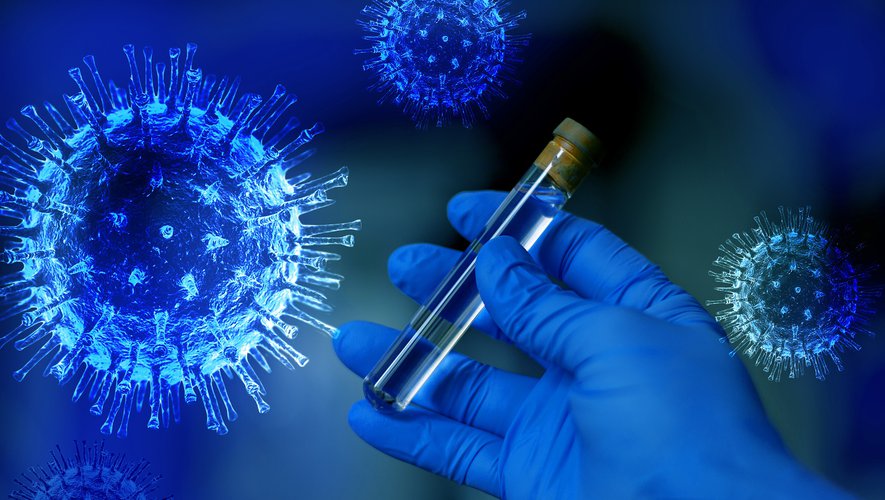It is well known that a person’s genome can predispose them to certain diseases—but can also provide increased protection against other diseases. Geneticists have recently observed that a particular haplotype, a chunk of DNA that encodes several genes, is protective in nature against COVID-19 and results in a reduced risk of becoming critically ill upon infection with the virus.
This haplotype, which encodes genes involved in immune regulation, was inherited from Neanderthals by almost half of people currently living outside Africa, according to a study published in the first year of the pandemic. This meant that people of African ancestry potentially did not share the same protection as those with the inherited gene variant.
The study identifying the protective haplotype was conducted mainly on individuals of European ancestry, so its implications could not be extended to the world population. Finding out which exact gene variant is responsible for the conferred protection is very important for prevention and treatment. Researchers, including those from McGill, zoomed in on this objective, focussing on smaller DNA regions within the haplotype. They analyzed the DNA from individuals of a larger swath of ancestries and observed that the pattern of inheritance of this haplotype was unique in African ancestry, and decided to find more African participants.
Since the gene variant inheritance occurred only after Neanderthals migrated out of Africa, the researchers studied the DNA of individuals with African ancestry who only share a small segment of this Neanderthal-derived haplotype. The researchers found that individuals of African ancestry had the same protection against COVID-19 as those with European ancestry, indicating that the genes present in this shared piece of DNA might be the ones responsible. The analysis included a total of 2,787 hospitalized COVID-19 patients of African ancestry and 130,997 people in a control group from six different cohort studies. Eighty per cent of individuals of African ancestry carried the protective variant.
Narrowing in on the smaller DNA segment, researchers pinpointed a causal genetic variant in individuals of African ancestry. A variant of the gene OAS1 determines the length of the encoded OAS1 protein, an enzyme that plays a crucial role in anti-viral mechanisms. Previous studies have shown that in individuals with increased levels of circulating OAS1, there is reduced risk of COVID-19 susceptibility and severity.
“We now need to look for compounds which can increase the levels of this particular OAS1 isoform, so that the severity risks involved in COVID-19 infections are reduced,” Dr. Guillaume Butler-Laporte, one of the co-authors on this paper and a clinician scientist in the Richards Lab at McGill, said in an interview with The McGill Tribune.
Butler-Laporte also emphasized the importance of studying cohorts of individuals from different ancestries, as most studies usually focus on individuals of European ancestry due to the white supremacist roots of institutional science. In fact, COVID-19 research is especially important for supporting BIPOC communities as they have faced higher rates of hospitalization and mortality since the beginning of the pandemic.
Research looking into the genetic underpinnings of variations in immunity is therefore crucial to understanding how to best protect different populations. Figuring out how to apply this new knowledge as a potential preventative tool represents an important research frontier.
“At this point, we have discovered this specific isoform of OAS1 and we know that it is better at killing the virus SARS-CoV2,” Butler-Laporte said. “So, the question now is that can we make a chemical drug that can specifically raise the level of this particular isoform of OAS1.”
Some compounds, such as PD12 inhibitors, are able to increase the level of this gene variant, but this has yet to be tested in live organisms. Using this information as a guide, other researchers in the field could gain a better understanding of the OAS1 variant’s role in mediating the immune system’s response to viral attacks.








